FSU researcher wants to hear from the fishermen
For all those in the county’s fishing community who have felt that pointy-headed academics and other experts in the field of marine fisheries haven’t really listened to what they have to say, help is on the way.
If you have insight into the historical changes that have transformed the Apalachicola Bay fishing community over the last several decades, then Betsy Mansfield wants to hear from you.
The freshly-minted Stanford University professor of biology, now on a two-year post-doctoral fellowship at Florida State, Dr. Mansfield is at work gathering input throughout Franklin County from the stakeholders who have shaped the county’s iconic fishing community, and who have lived and wrestled with its many changes.
“How has the fishing experience changed over the years?” Mansfield is asking as a key part of the three-legged stool upon which her work rests. She wants to establish a historical baseline in terms of what harvestable species have grown more prevalent and which have dwindled.
Along with that, she is focusing on ecosystem services, pertaining to both the ecology and the entire societal scenario, to provide insight into how the community has worked with the forces that have set out, at least in theory, to serve them and their businesses.
And, of course, she is focusing on the ongoing restoration efforts of the bay, and what needs to be done going forward, by conducting open-ended, unstructured conversations with those who stand to be most affected by the millions of dollars being poured into returning the bay to its former glory.
While her two-year research is associated with Florida State, it is not affiliated with the Apalachicola Bay System Initiative (ABSI) and so Mansfield will be detached from that work and able to draw her independent conclusions in speaking with stakeholders.
While at Stanford, where she earned her doctorate in June, she heard a lecture from FSU biology professor Dr. Sarah Lester, and was hooked, particularly since the subject fit in well with work she had done on the fishing community of Baja.
“I was just really intrigued at the incredibly rich history here,” Mansfield said.
Put in academic terms, as she notes on her website, she is “broadly interested in social-ecological systems, small-scale fisheries interactions, and the intersection of local ecological knowledge and scientific inquiry. Through interdisciplinary approaches I evaluate resilience, perceptions, and sustainability of small-scale fishing efforts from multiple lenses. I am passionate about community-based and cooperative approaches to management and policy development. Additionally, I am enthusiastic about outreach and education and aim to promote broad accessibility to science of all different age groups.”
Mansfield has reached out to Franklin County commissioners and other officials to secure names of people she plans to speak with, but she continues to reach out to others, perhaps less well-known, who can help her develop a broad perspective.
“I want to find what message I may be missing to make sure what I’ve been told feels representative at what they’ve been saying.”
To reach Betsy Mansfield, email her at emansfield@fsu.edu.

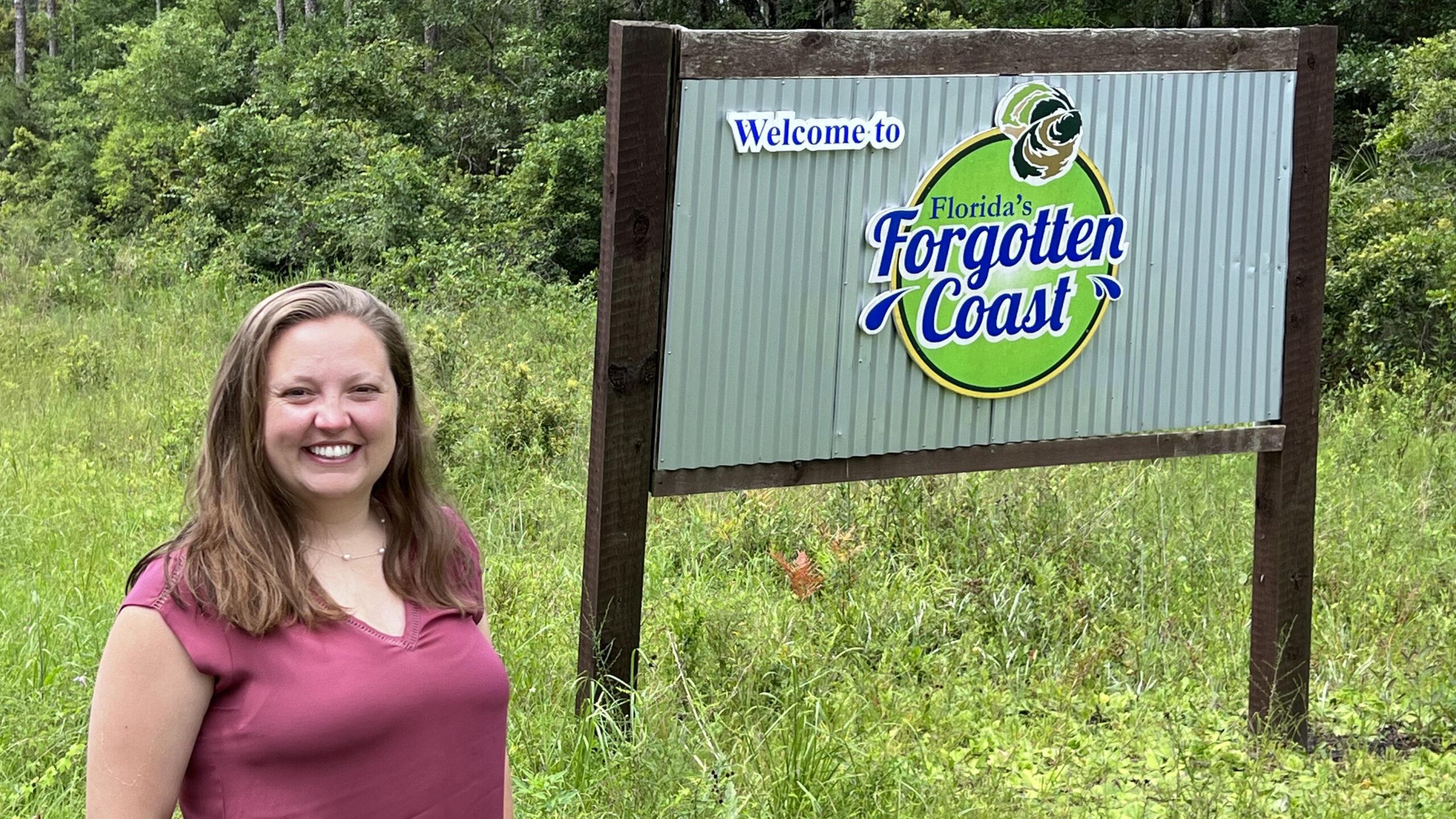
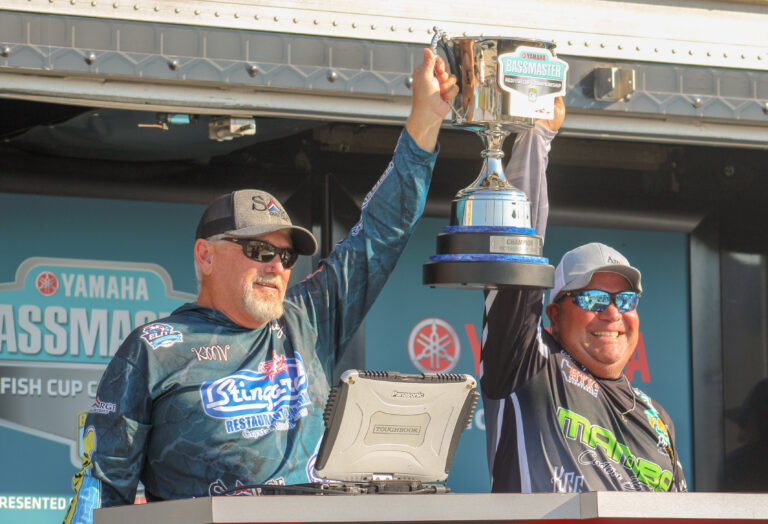
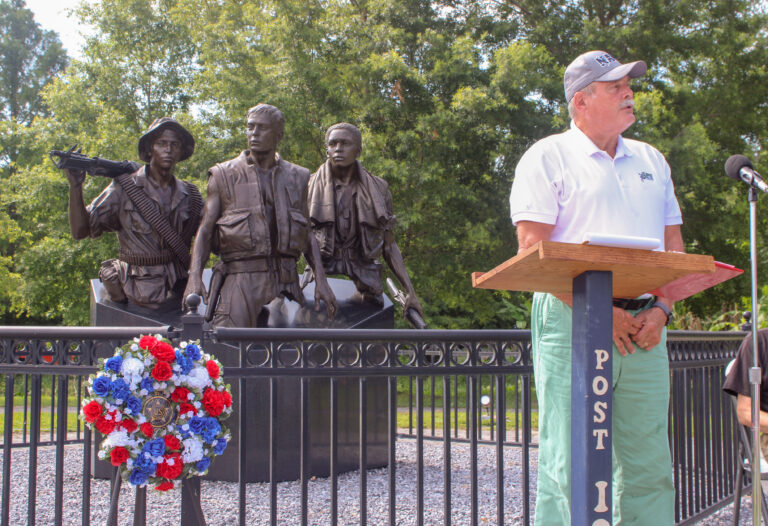
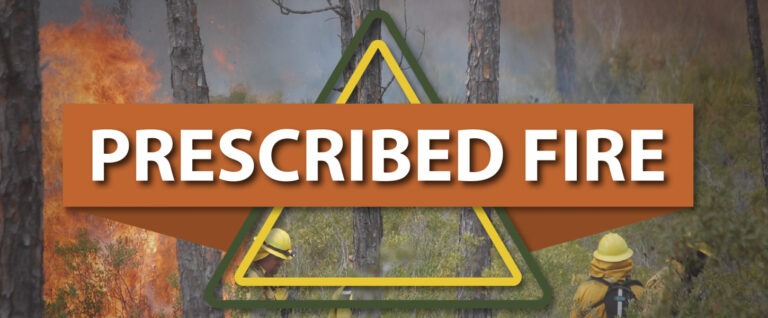
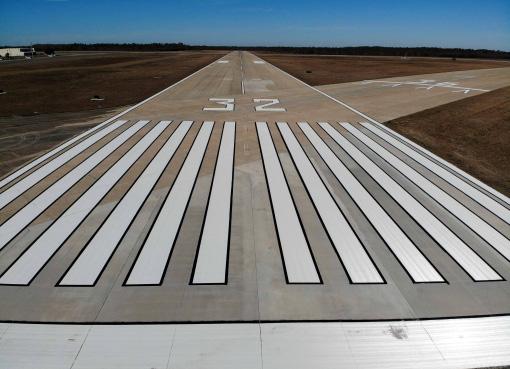
Meet the Editor
David Adlerstein, The Apalachicola Times’ digital editor, started with the news outlet in January 2002 as a reporter.
Prior to then, David Adlerstein began as a newspaperman with a small Boston weekly, after graduating magna cum laude from Brandeis University in Waltham, Massachusetts. He later edited the weekly Bellville Times, and as business reporter for the daily Marion Star, both not far from his hometown of Columbus, Ohio.
In 1995, he moved to South Florida, and worked as a business reporter and editor of Medical Business newspaper. In Jan. 2002, he began with the Apalachicola Times, first as reporter and later as editor, and in Oct. 2020, also began editing the Port St. Joe Star.